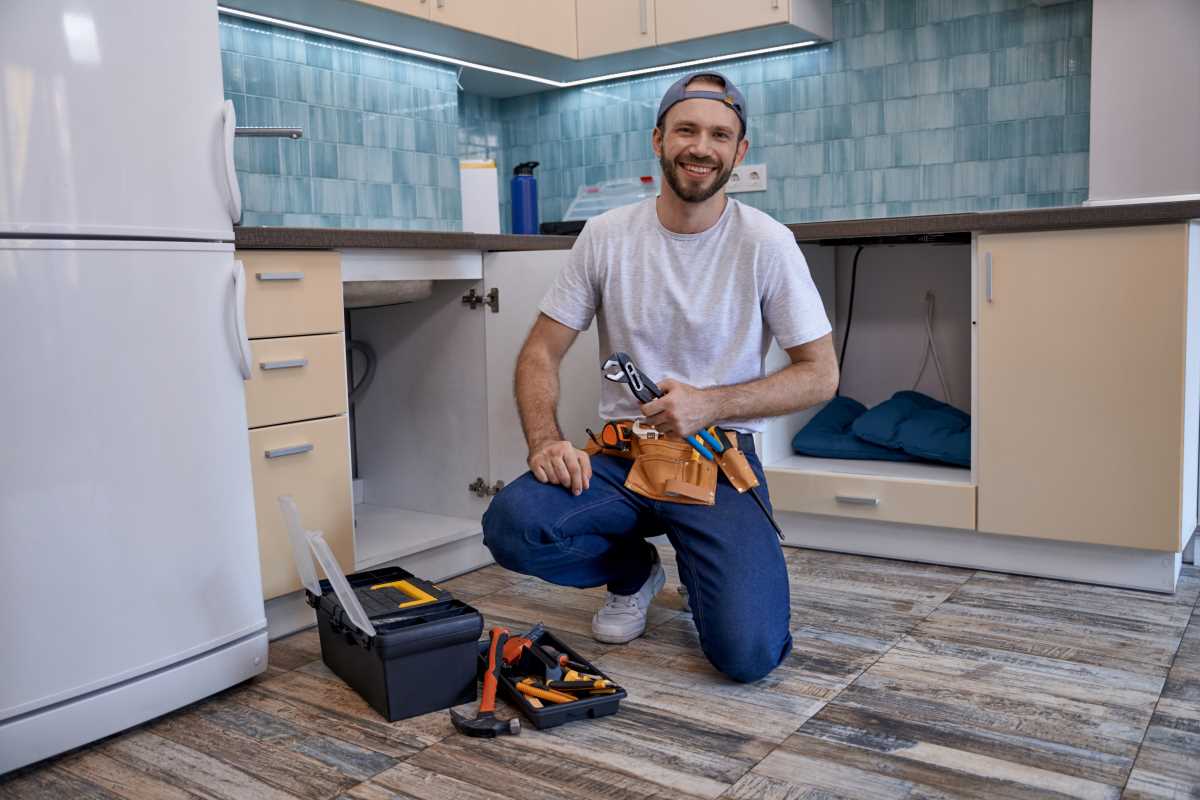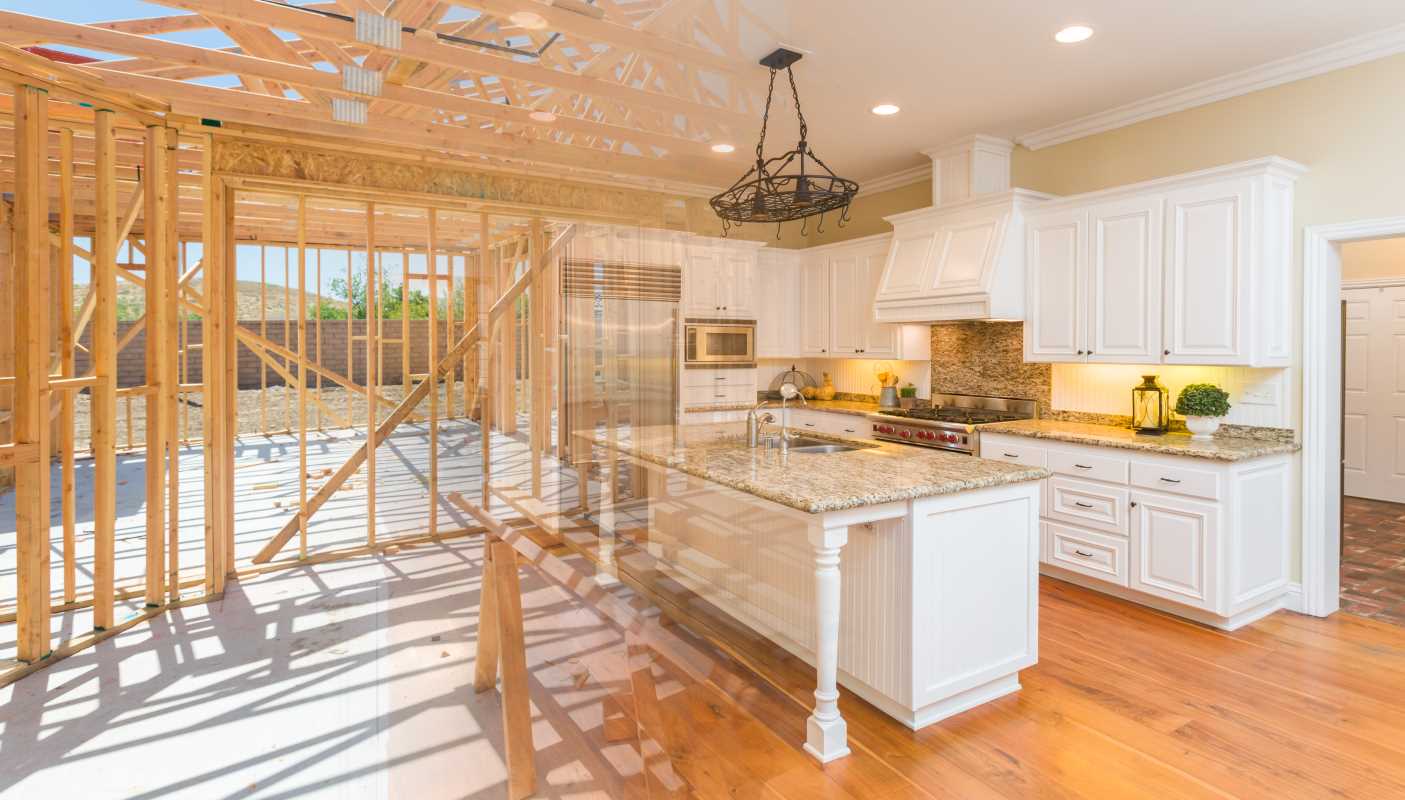Plumbing issues can strike at the most inconvenient times, whether it’s a burst pipe, a clogged drain, or a mysterious leak driving up your water bill. When something goes wrong, finding the right plumber quickly becomes a top priority. But choosing a reliable plumber who won’t break the bank is a challenge many of us face. With countless options out there, how do you know who to trust? This guide provides practical tips for finding a dependable plumber while avoiding unnecessary costs. From comparing quotes to researching credentials, we’ll help you get your plumbing fixed without draining your wallet.
Identify Your Plumbing Needs
Before you start searching for a plumber, take a moment to assess the situation and understand your specific needs. Not every issue requires the same level of expertise, and knowing what you’re dealing with can help you find the right professional.
Small vs. Big Jobs
- Minor repairs like fixing a leaky faucet or unclogging a drain often require less time and a smaller budget. A general plumber or handyman might be sufficient.
- Larger projects, such as repiping your home, repairing a main water line, or installing a new water heater, require a licensed and experienced professional.
Emergency vs. Scheduled Work
If you’re dealing with an urgent issue, like a burst pipe or sewage backup, you’ll need an emergency plumber who’s available 24/7. Keep in mind that emergency services often come with higher fees. For non-urgent repairs or installations, you can take your time comparing options to find a good deal.
By knowing the scope and urgency of the work, you’ll be better equipped to narrow down your plumber search.
Start Your Research
Finding a reliable plumber begins with solid research. Knowing where to look and what to look for can save you time, money, and frustration.
Ask for Recommendations
Word of mouth is one of the best ways to find a trustworthy plumber. Ask friends, family, neighbors, or even coworkers if they’ve worked with a plumber they’d recommend. Personal referrals provide a level of assurance that online reviews can’t always match.
Use Online Resources
If recommendations aren’t available, turn to the internet. Platforms like Angi, Yelp, and Google Reviews are packed with customer feedback. Look for plumbers with consistently high ratings and positive reviews that mention qualities like punctuality, professionalism, and fair pricing.
Pro tip: Don’t just browse star ratings. Read the reviews to understand how the plumber handles issues like follow-up, unexpected problems, or difficult jobs.
Check Local Listings
Local business directories, such as Community Bulletin Boards or Nextdoor, often feature plumbers who serve your neighborhood. This can give you a better chance of finding professionals who are familiar with the area and its specific plumbing challenges.
Verify Credentials and Experience
Not all plumbers are created equal, and verifying their qualifications is a crucial step in finding a reliable professional.
Licensing
Make sure the plumber you hire is licensed to operate in your area. A license confirms that they’ve met the necessary training requirements and have the knowledge to handle plumbing problems safely and effectively. Licensing rules vary by state, so check your region’s requirements.
Insurance
Ask whether the plumber carries liability insurance and workers' compensation. These protections are essential; they cover potential damages to your property or injuries that might occur on the job. A reputable plumber will have no issue providing proof of insurance upon request.
Years of Experience
While newer plumbers might still be qualified, experience often translates into stronger problem-solving skills. Look for professionals with at least a few years of hands-on practice, especially for complex jobs.
Compare Quotes and Pricing
When it comes to plumbing, price shouldn’t be the only determining factor. However, comparing quotes can help you find a fair price for quality work.
Request Detailed Estimates
Reach out to at least three plumbers and request written estimates. A good plumber will visit your property to assess the problem before providing a quote. Ensure the estimate includes:
- Labor costs
- Material costs
- Any potential extra fees (e.g., travel charges, equipment rental)
- A timeline for the project
Avoid plumbers who offer quotes without seeing the job in person or refuse to provide written estimates. These can be red flags.
Hourly Rates vs. Flat Fees
Some plumbers charge by the hour, while others offer flat rates for specific services. Understand what’s included in the pricing structure and ask about any scenarios that might lead to additional costs. For example, will extra time be needed if an unexpected issue is discovered during repair?
Be Wary of Deals That Seem Too Good
It’s tempting to go with the cheapest option, but rock-bottom prices can sometimes mean poor quality work or hidden costs. Aim for a balance between cost and reliability.
Assess Customer Service
A plumber’s demeanor and communication style can say a lot about how the job will go. Pay attention to these factors when interacting with potential candidates.
Clear and Professional Communication
From your first phone call to the final invoice, the plumber should be courteous, responsive, and able to explain their process without using too much technical jargon. If they’re hard to get a hold of or unwilling to answer basic questions, take it as a warning sign.
Willingness to Discuss Options
Reliable plumbers will walk you through your repair or installation options and recommend the most cost-effective solution for your problem. They shouldn’t pressure you into unnecessary upgrades or services you don’t need.
Look for Warranties and Guarantees
A reputable plumber will stand by their work. Look for companies or individuals who offer warranties or guarantees on:
- Parts and materials used
- The labor provided
A typical warranty might cover repairs or installations for a few months to a year. This shows that the plumber is confident in their skills and is willing to resolve issues that arise post-service.
Avoid Common Scams
Unfortunately, there are plenty of scams in the home repair industry, and plumbing is no exception. Knowing what to watch for can help you dodge bad actors and protect your wallet.
Upfront Payments
Be cautious of plumbers who demand full payment before starting the job. While a small deposit may be reasonable, most professionals will charge once the work is completed.
Too Many Extras
Beware of plumbers who constantly push for add-ons that weren’t discussed in the original quote. While some issues discovered during repairs may require more work, unnecessary upselling can indicate dishonesty.
No Paper Trail
Never hire a plumber who refuses to provide a contract or receipt. These documents are important for keeping everything above board and protecting you if disputes arise.
Test the Service with a Small Job
If you’re not yet confident in hiring a plumber for a major project, start with a minor repair. Use this opportunity to evaluate their punctuality, work quality, and communication style. If the experience is positive, you’ll feel much more comfortable reaching out to them for larger plumbing needs in the future.
Build a Relationship for the Future
Once you’ve found a plumber who’s reliable, affordable, and easy to work with, keep their contact information handy. Establishing a rapport with a trusted professional makes future plumbing problems far less stressful and may even lead to loyalty discounts or prioritized service.
By following these steps, you’ll not only find a plumber you can trust but also avoid overpriced or subpar services. Taking the time to research, compare, and vet candidates will ultimately save you headaches and money, ensuring your home’s plumbing is in capable hands







